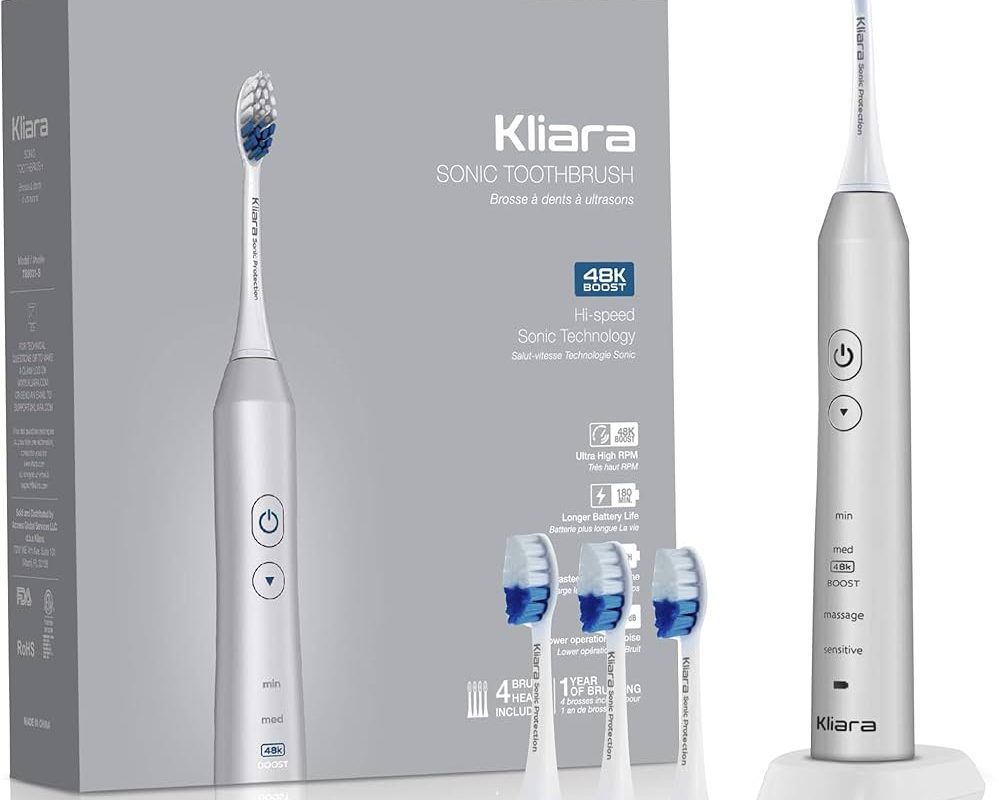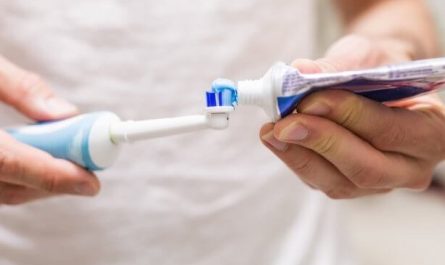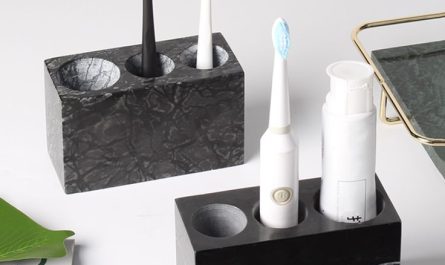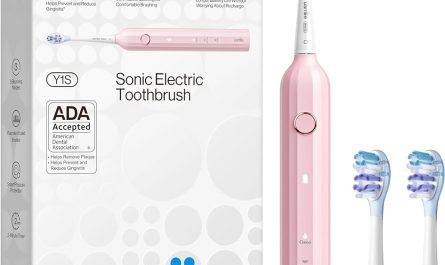Introduction
Maintaining proper oral hygiene is essential for overall dental health, and brushing teeth regularly is a key component of this routine.
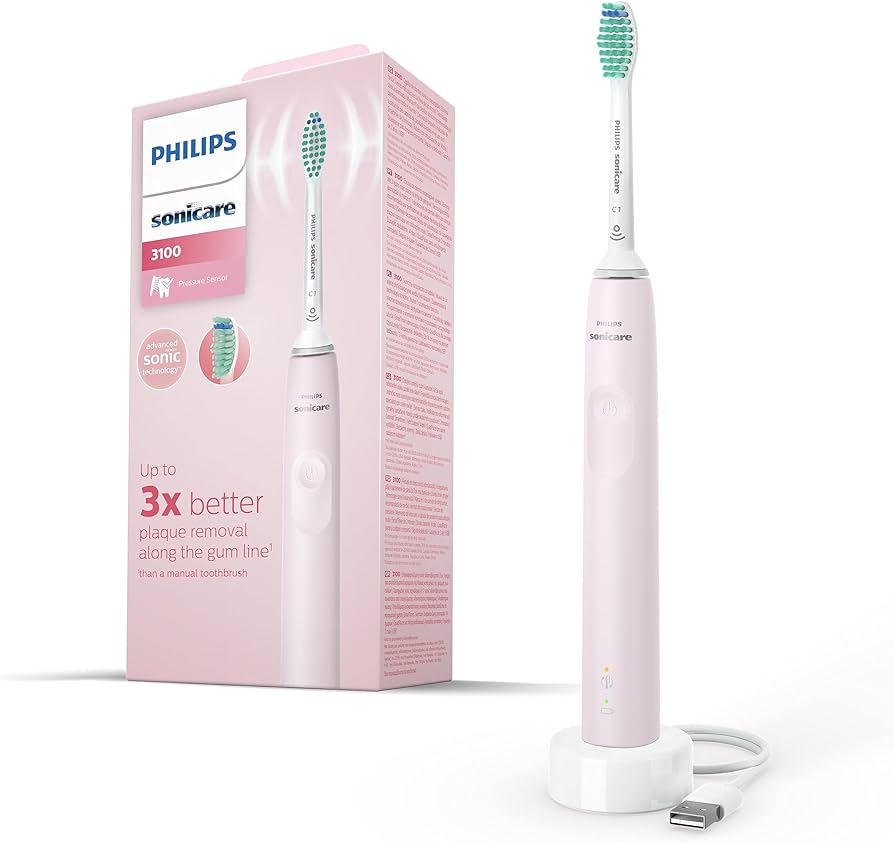
Why don’t my teeth feel clean after electric toothbrush?
Inadequate brushing techniques
One possible reason for teeth not feeling clean after using an electric toothbrush could be the utilization of improper brushing techniques. Many people assume that an electric toothbrush will do all the work for them, and as a result, they may not brush their teeth with the same care and attention as they would with a manual toothbrush. It is crucial to remember that an electric toothbrush is merely a tool, and proper technique is just as important for achieving a thorough clean.
Low-quality toothbrush heads
Another factor that can affect the effectiveness of an electric toothbrush is the quality of the toothbrush head being used. Some electric toothbrushes come with low-quality or worn-out brush heads, which may not effectively remove plaque and debris from the teeth. Additionally, the bristles may become frayed or flattened over time, reducing their ability to reach into crevices and clean the teeth adequately. Regularly replacing the toothbrush head and opting for high-quality replacements can help improve the cleanliness achieved through electric toothbrushing.
Inadequate brushing duration
The duration of brushing plays a crucial role in ensuring clean teeth and gums. Some individuals may not brush their teeth for a sufficient amount of time when using an electric toothbrush, assuming that the device’s motion will compensate for a shorter brushing duration. However, it is recommended to brush for at least two minutes, regardless of the type of toothbrush being used. Setting a timer or using toothbrushes with built-in timers can help individuals achieve the recommended brushing duration and improve the cleanliness of their teeth.
Oral health conditions
Certain oral health conditions may contribute to teeth not feeling clean even after using an electric toothbrush. For example, individuals with gum disease or periodontitis may experience a buildup of plaque and tartar that cannot be completely removed by brushing alone. In such cases, professional dental cleaning may be necessary to achieve a deep clean and restore the sense of cleanliness to the teeth. It is important for individuals with oral health conditions to work closely with their dentist to determine the most effective oral hygiene routine.
Personal preferences
The feeling of cleanliness after brushing can also be subjective and vary from person to person. Some individuals may have higher expectations or different sensations they associate with clean teeth. For instance, some people may prefer the sensation of brushing with a manual toothbrush over an electric one. It is essential to consider these personal preferences and explore alternative oral hygiene tools if needed.
Other oral hygiene practices
While an electric toothbrush is an effective tool for maintaining oral hygiene, it should not be the sole method of cleaning the teeth. Other oral hygiene practices, such as flossing and using mouthwash, play a crucial role in achieving overall cleanliness and oral health. Flossing helps remove plaque and debris from between the teeth and along the gumline, where a toothbrush may not reach effectively. Incorporating these additional practices into the daily oral hygiene routine can enhance the feeling of cleanliness and improve dental health.
Conclusion
In conclusion, several factors can contribute to teeth not feeling clean after using an electric toothbrush. These include inadequate brushing techniques, low-quality toothbrush heads, inadequate brushing duration, underlying oral health conditions, and personal preferences. It is important to address these factors to achieve a thorough clean and maintain optimal oral health. By implementing proper brushing techniques, using high-quality toothbrush heads, brushing for the recommended duration, addressing oral health conditions, considering personal preferences, and incorporating additional oral hygiene practices, individuals can improve the cleanliness and overall health of their teeth.

